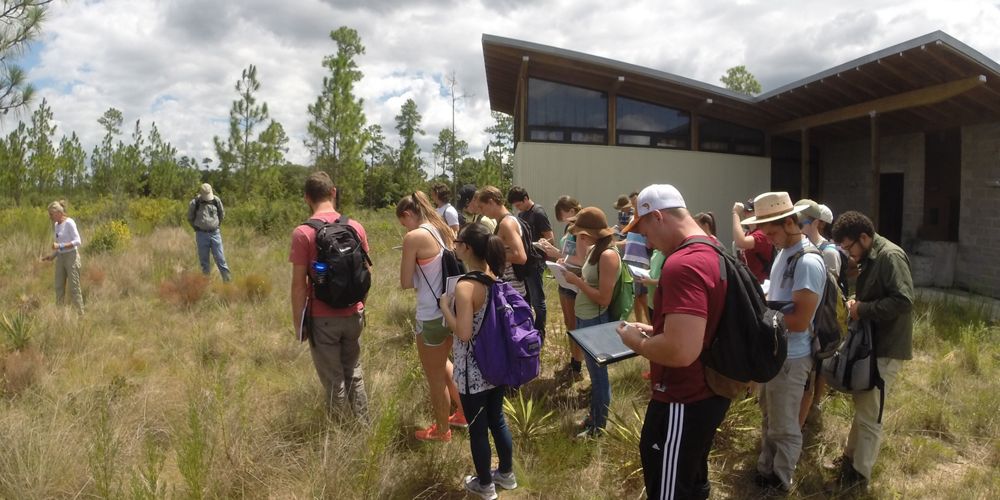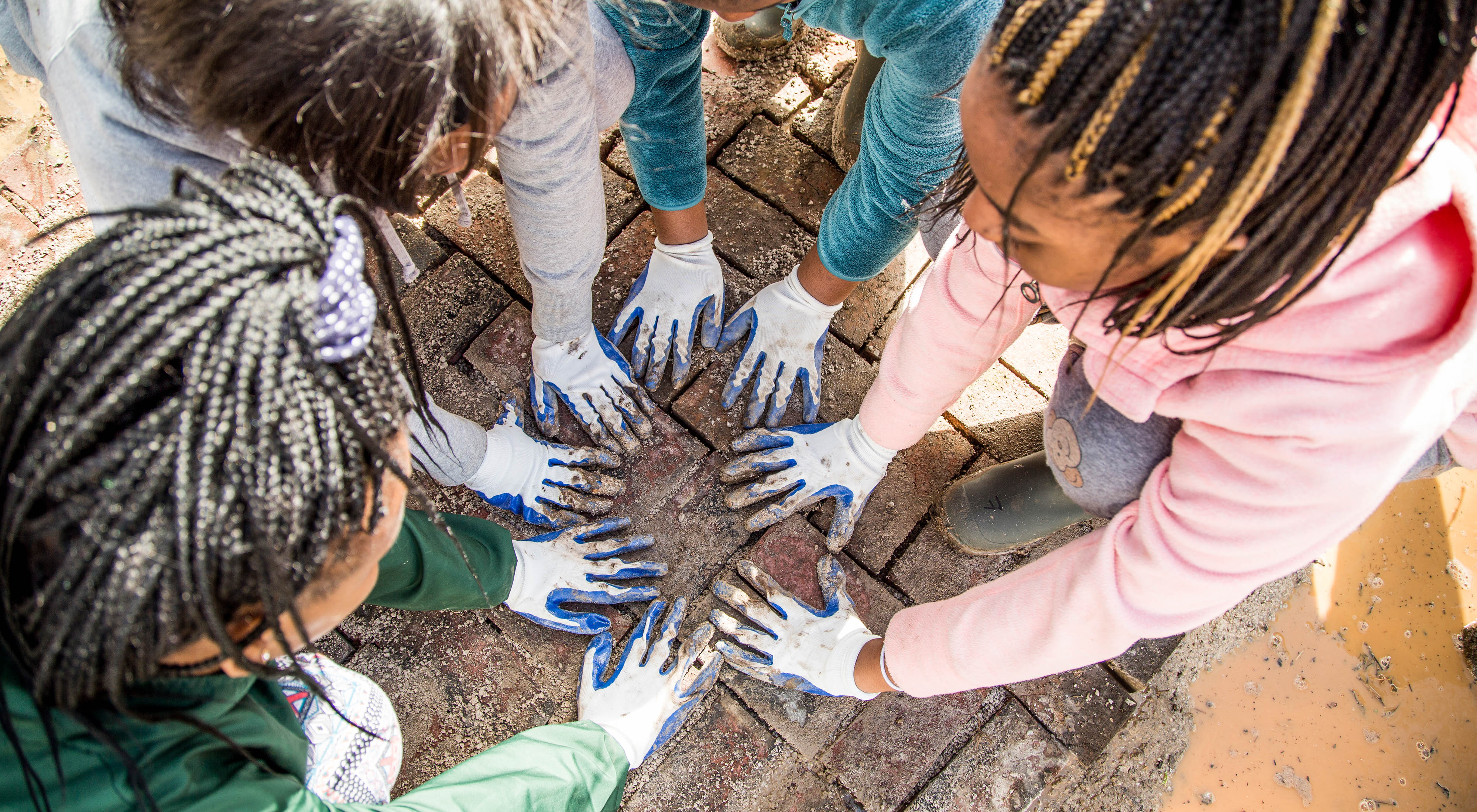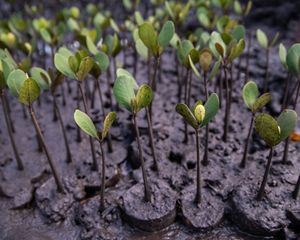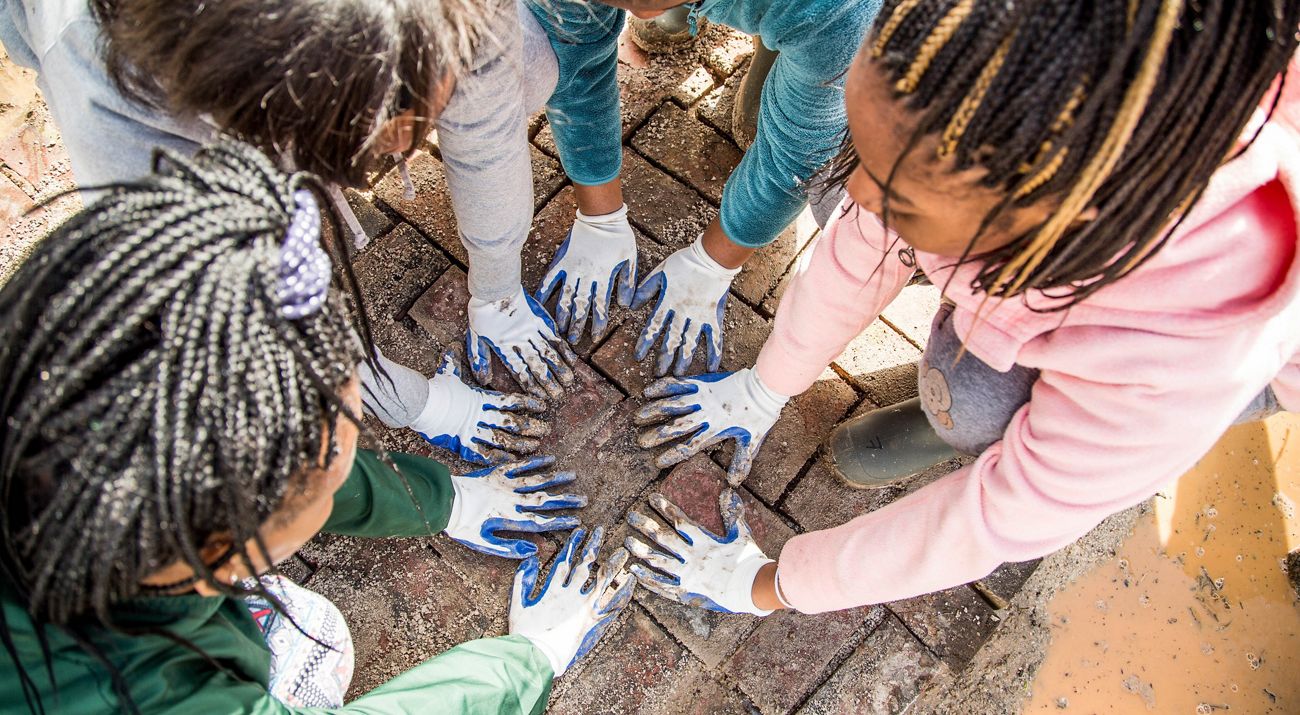
YOUTH CLIMATE TOOLKIT
Young people want to act and lead on behalf of the planet. That’s why The Nature Conservancy and the Aspen Institute’s This is Planet Ed initiative worked directly with youth leaders to co-produce a Youth Climate Action Toolkit, which provides students with the strategies and resources to advance local climate action.
The toolkit includes:
● Background on youth climate action plans;
● Strategies to advance climate solutions in schools;
● Talking points to build consensus;
● Opportunities to fund climate solutions in schools, and more.
DOWNLOAD THE KIT
Youth Leaders: A Driving Force for Change
Climate change will impact the lives of everyone on this planet—and none more so than the youth who will inherit the lands, waters and environmental challenges shaped by the decisions of yesterday and today. Climate-era youth are growing up in an unprecedented time, when wildfires and poor air quality cancel extracurricular activities and extreme storms and flooding damage school campuses and nearby communities. The next few years are critical if humanity hopes to change the trajectory for their future.
Sign up for Nature News.
Get local conservation stories sent right to your inbox.
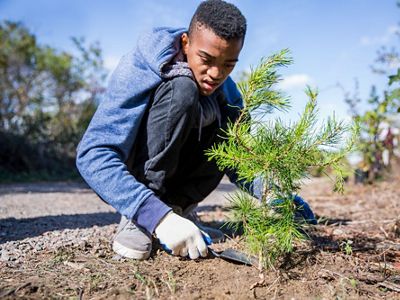
The Unseen Impacts of Climate Change
Along with the floods, droughts, and wildfires that we read about in the news or experience in our own backyards, climate change also has repercussions on things we can’t touch and see, including the mental health and well-being of children and young people. According to a study by the American Psychological Association, weather disasters related to climate change can cause trauma and PTSD in the short term, while the other ongoing effects of climate change can increase the risk of anxiety, depression, bipolar disorder, cognitive function impairment, interpersonal aggression, and other mental health impacts. Yet the study makes it clear that educators, caregivers and communities can play a significant role in helping fight the mental health consequences of climate change.
Engaging the youngest generation—which is on track to be the world’s largest—along with other younger generations on climate action has the potential to drive tremendous change. These young people are already proving they are ready to act and lead on behalf of the planet by spreading the word, attending rallies and walk outs and reaching out to policymakers.
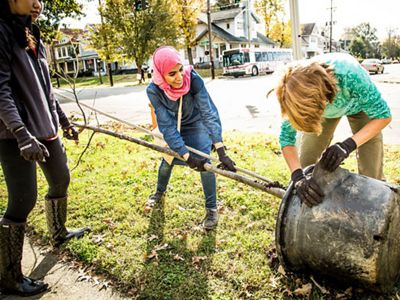

Partners for Progress: TNC and the Aspen Institute
The Nature Conservancy and the Aspen Institute’s This is Planet Ed initiative is designed to unlock the power of education as a force for climate action. Although an NPR/Ipsos poll revealed that 80% of U.S. parents and 86% of U.S. teachers support the teaching of climate change, the number of educators and caregivers educating young people on this issue is far lower. Lack of appropriate training and materials are cited as reasons why more teachers aren’t prioritizing this issue in the classroom.
To bridge that gap, TNC and This is Planet Ed are working to provide a framework and narrative for broader collective action across education. The partners are focusing on:
● Fostering advocates and champions for climate action across early childhood, children’s media, K-12 schools, and higher education.
● Focusing the sector around key goals and roadmaps for action.
● Catalyzing action, tracking progress, sharing best practices, and building the narrative for action through media and communications.
Youth Climate Initiatives
TNC and the Aspen Institute are collaborating to help young people, educators and caregivers take action on climate change.
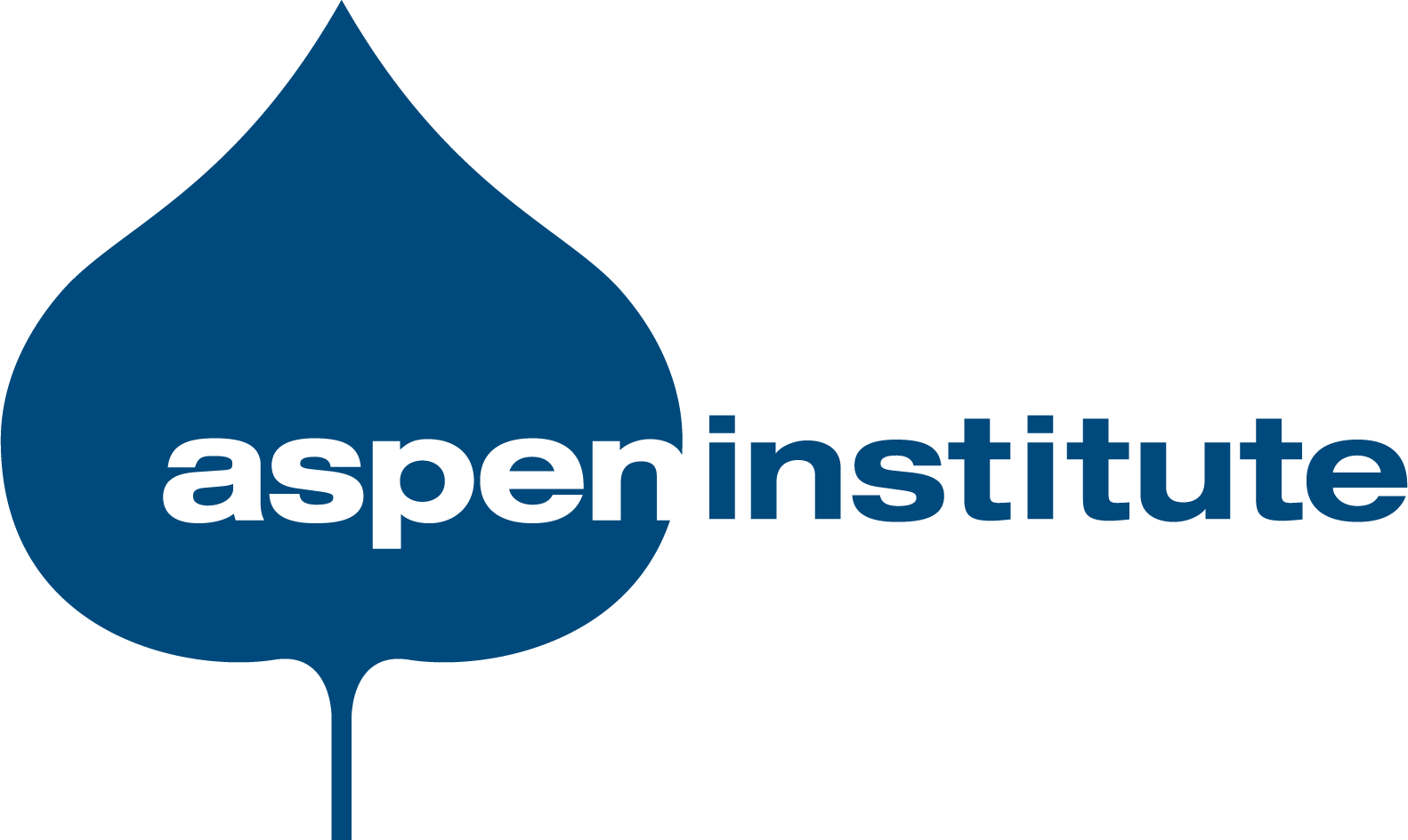
About the Aspen Institute
The Aspen Institute works to gather diverse, nonpartisan thought leaders, creatives, scholars and members of the public to address some of the world's most complex problems. But the goal of these convenings is to have an impact beyond the conference room. They are designed to provoke, further and improve actions taken in the real world, driving change through dialogue, leadership, and action to help solve the greatest challenges of our time.
Stay connected for the latest resources
Don't miss new Nature Lab teaching guides and videos. Sign up to get the monthly Nature Lab newsletter with free environmental education materials for educators and families.
